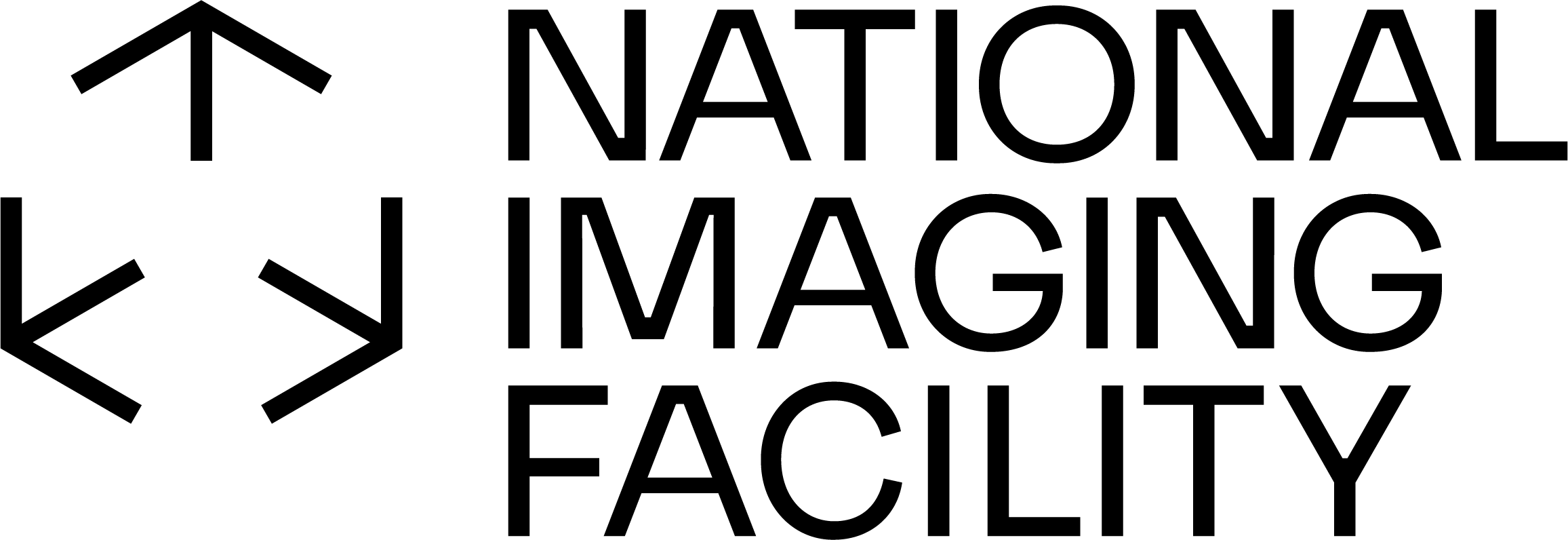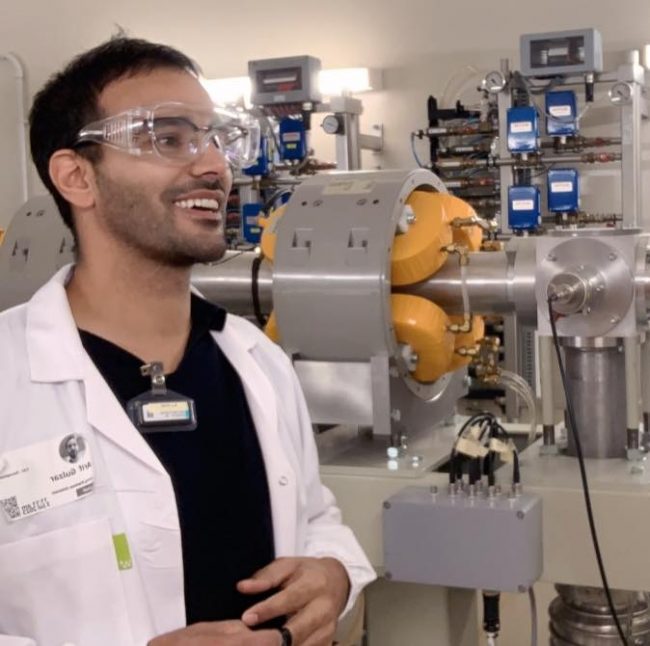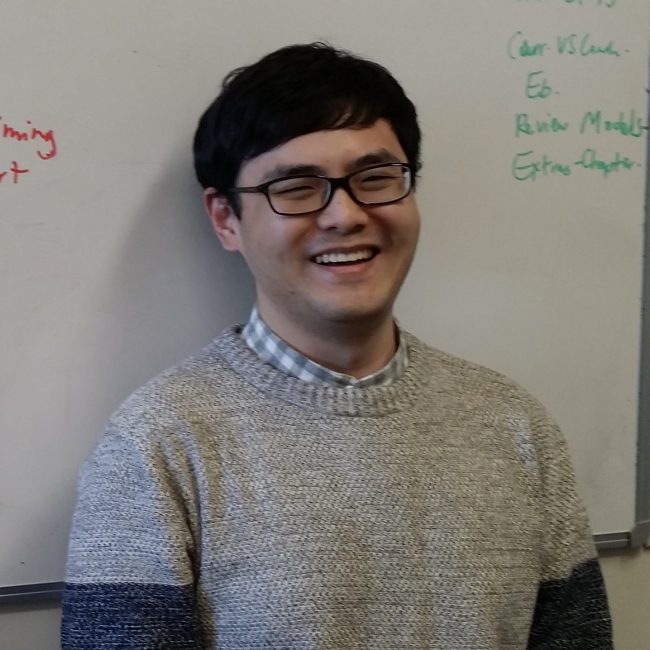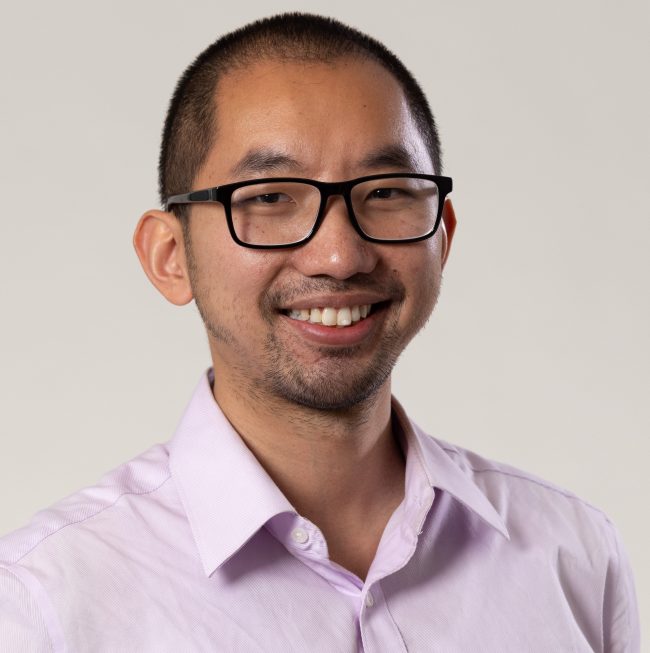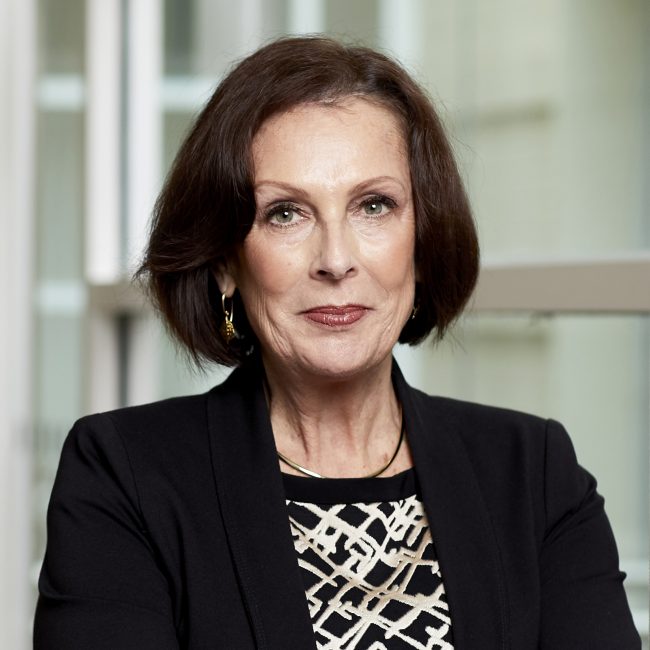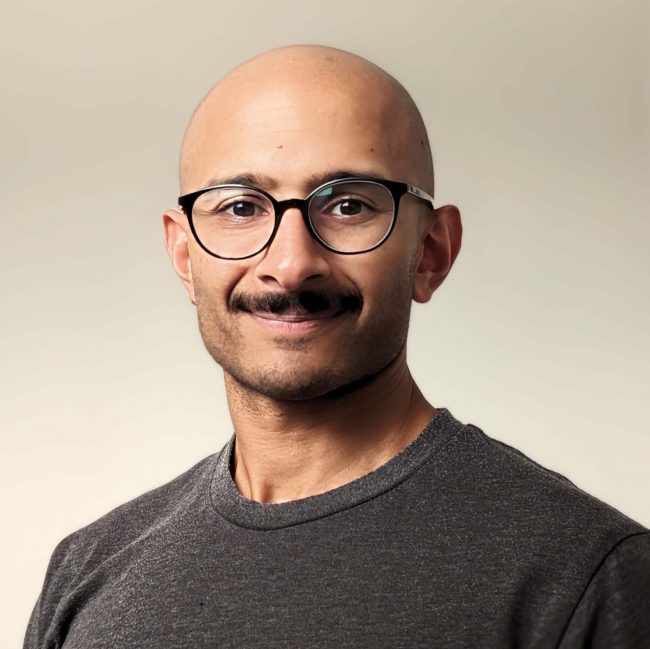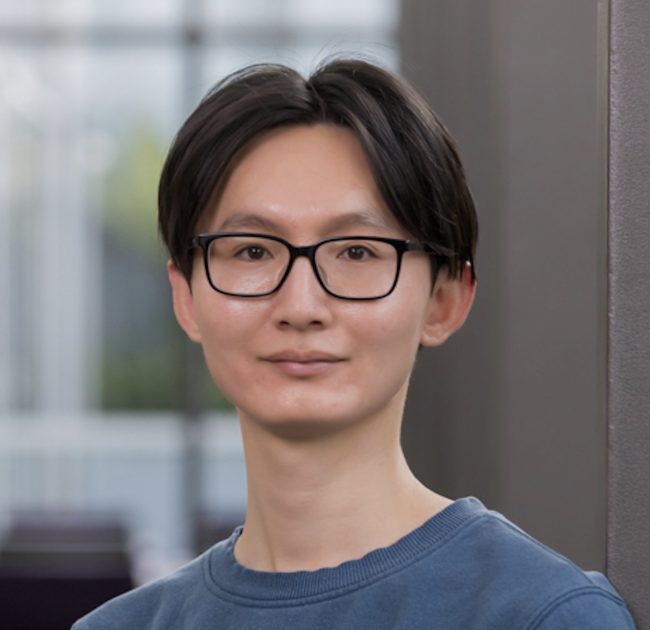Karen Jones
Prof Karen Jones is a distinguished leader in medical imaging, with a stellar academic and research background. Prof Jones was the first nuclear medicine technologist in Australia to complete a PhD and is a champion of her field. As President of the Australian and New Zealand Society of Nuclear Medicine (ANZSNM) and former Chair of both the ANZSNM Technologist Special Interest Group (TSIG) and Executive Committee of the Australasian Radiopharmaceutical Trials Network (ARTnet), she has significantly influenced the profession. Her pioneering research on gastric emptying and postprandial hypotension, utilising advanced imaging techniques, has set new standards in the field. Prof Jones’ strategic vision and leadership continue to drive innovation and excellence in nuclear medicine, benefiting both the scientific community and clinical practice.

